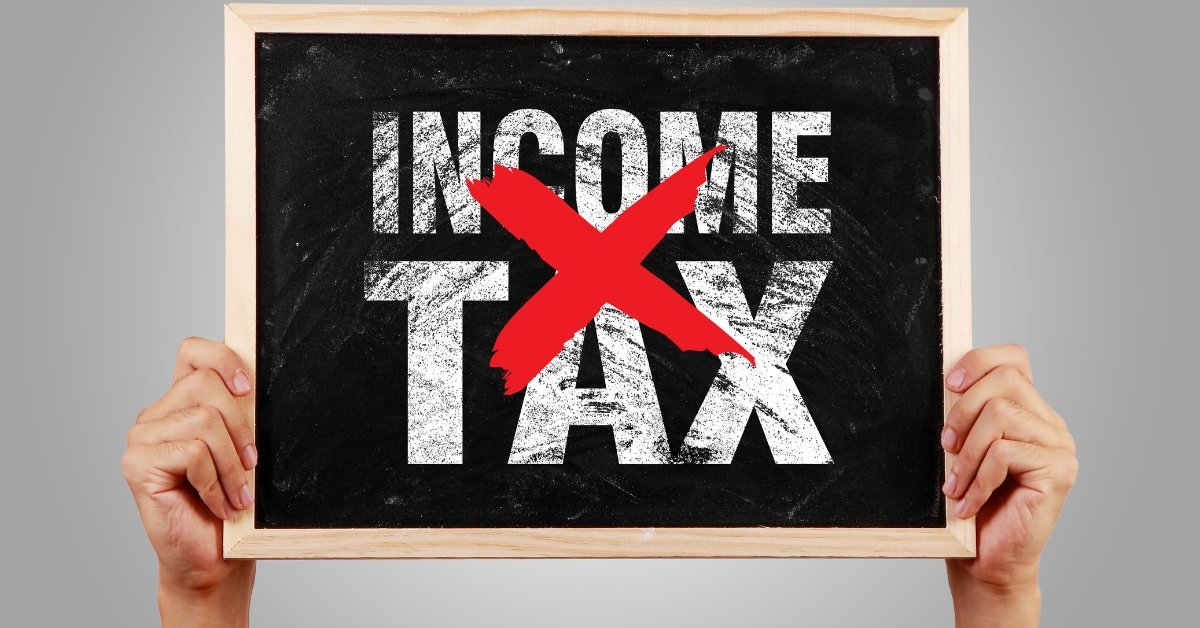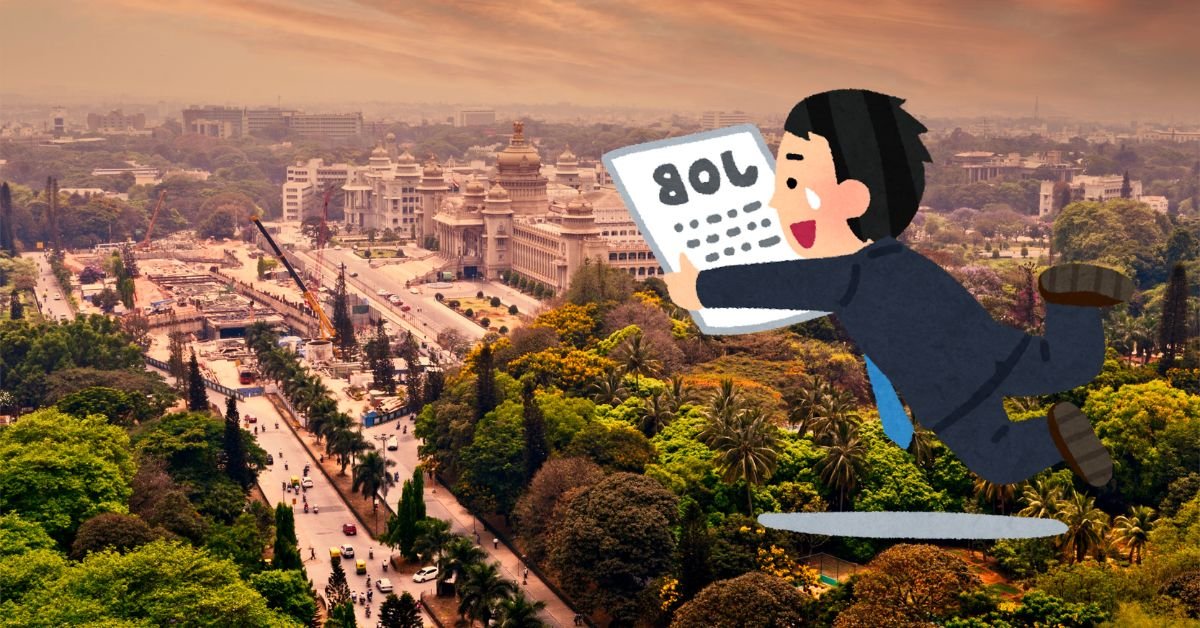Could abolishing income tax in India boost growth or harm services? Explore the pros, cons, and what it means.
Table Of Contents
Introduction
Imagine hearing that India has scrapped income tax for all salaried workers and self-employed individuals.
More money in your pocket and no tax filings sounds like a dream, right?
However, what would this mean for India’s economy, public services, and your daily life?
This radical idea, discussed by economists like Surjit Bhalla and policymakers, has sparked heated debates.
In this blog post, we will explain the potential impacts of abolishing income tax using simple language and clear insights to help you understand this game-changing proposal.
From economic growth to social equity, let’s examine what could happen if India takes this bold step.
Why Consider Abolishing Income Tax?
Income tax is a key revenue source for India, but less than 3% of the population, around 40 million people, pay it, with only 400,000 contributing significantly.
Experts like Surjit Bhalla argue that scrapping it could simplify the tax system, boost economic growth, and reduce tax evasion.
Countries like the UAE and Qatar thrive without personal income tax and are often cited as success stories.
However, India’s unique economic and social landscape makes this a complex issue.
Let us explore the potential benefits and challenges.
Economic Impacts: More Money, More Growth?
Boosting Disposable Income And Growth
Removing income tax would put more money in the hands of salaried and self-employed workers.
This extra cash could increase spending on goods, services, and investments, driving economic growth.
Some estimates suggest India’s GDP could rise from 4.2% to over 5%, creating jobs and attracting foreign investment.
Businesses, from small startups to large corporations, could benefit from higher consumer demand.
The Revenue Challenge
However, income tax accounts for about 15% of India’s budget.
Losing this revenue could create a fiscal deficit, forcing the government to find alternatives.
One likely option is increasing indirect taxes like GST, which could raise the cost of essentials like food, healthcare, and education.
This might offset the benefits of higher disposable income, especially for lower-income families.
Inflation And Investment
More spending could also lead to inflation if supply does not keep up with demand.
Conversely, a tax-free environment might attract foreign investors and talent, making India a global economic hub.
The table below summarizes these economic impacts:
| Aspect | Benefit | Drawback |
|---|---|---|
| Disposable Income | More money for spending, boosting demand | Higher indirect taxes could raise living costs |
| GDP Growth | Could increase to over 5%, creating jobs | Fiscal deficits might slow long-term growth |
| Foreign Investment | Attracts talent and businesses | Inflation risks could deter investors |
Social And Fiscal Impacts
Simplifying The Tax System
Abolishing income tax could streamline tax administration, reducing the need for complex filings and tax consultants.
This might improve India’s ranking on global ease-of-doing-business indices, encouraging entrepreneurship.
It could also curb tax evasion, as there would be no incentive to hide income, bringing more economic activity into the formal sector.
Threat To Public Services
The revenue loss could strain funding for schools, hospitals, and infrastructure.
For example, India’s public healthcare system, which is already underfunded, might face further cuts.
Some propose cutting subsidies (e.g., on cooking gas or farmer loans) to offset this, but such moves could be politically unpopular and harm vulnerable groups.
Wealth Inequality Concerns
Scrapping income tax might favor the wealthy, who pay a larger share of it, potentially widening India’s rich-poor gap.
Shifting to indirect taxes like GST, which are regressive, could hit lower-income households harder, as they spend a larger portion of their income on taxed goods.
A proposed “Fair Tax” system— a 23% consumption-based tax with monthly payments to offset costs for low-income families—could help, but it is complex and untested in India.
Here is a breakdown of social and fiscal impacts:
| Aspect | Benefit | Drawback |
|---|---|---|
| Tax System Simplification | Reduces complexity, lowers costs | New taxes might create compliance issues |
| Tax Evasion Reduction | Expands formal economy | Transaction taxes could spark new evasion risks |
| Public Services Funding | Subsidy cuts could offset losses | Less funding for education, healthcare |
| Wealth Distribution | Benefits middle class | Favors the rich, burdens lower incomes |
Alternative Taxation Models
If income tax is abolished, India would need new revenue sources. Here are some options:
- Higher GST Rates: Increasing GST could replace lost revenue, but might raise living costs. Exemptions for essentials could help, but they complicate the system.
- Transaction-Based Taxes: Taxes on financial transactions could reduce evasion by collecting revenue at the point of sale. However, this might burden businesses with new compliance costs.
- Corporate or Property Taxes: Raising taxes on corporations or property could target wealthier groups but deter investment or affect businesses.
- Fair Tax System: A consumption-based tax with upfront payments to low-income families could balance fairness, but it would require careful implementation to avoid backlash.
Each option has trade-offs, and public acceptance would be key to success.
Global And Political Considerations
Abolishing income tax could position India as a global economic powerhouse, attracting investors and skilled professionals.
However, it would require renegotiating international tax treaties, as many countries rely on reciprocal agreements.
Politically, this reform would face resistance from bureaucrats, tax professionals, and citizens who benefit from deductions.
Public protests over higher GST or subsidy cuts could also pose challenges.
Voices From The Debate
Economists like Surjit Bhalla advocate abolishing income tax, citing growth and simplicity.
Others, like Arvind Subramanian, warn of fiscal risks and inequality.
Posts on X reflect mixed public sentiment—some users see it as a “game-changer for the middle class,” while others fear “higher prices for everything.”
The debate is far from settled, and policymakers must weigh these perspectives carefully.
Conclusion
Abolishing income tax for India’s workers could unlock economic growth, simplify taxes, and reduce evasion, putting more money in your pocket.
However, it risks higher living costs, strained public services, and wider wealth gaps.
Alternatives like GST hikes or a Fair Tax system could bridge the revenue gap, but they come with challenges.
This bold idea, championed by thinkers like Surjit Bhalla, is a double-edged sword: promises prosperity but demands careful planning.
What do you think about this reform?
Would you welcome more disposable income or worry about the trade-offs?
Please share your thoughts in the comments, and explore more insightful articles on our website to stay informed about India’s economic future.
From tax reforms to investment tips, we have covered you with straightforward, engaging content!
Trivia
The British introduced India’s income tax system in 1860 to fund colonial expenses after the 1857 rebellion. Today, it is a small but critical part of India’s budget, making its potential abolition a historic shift!









